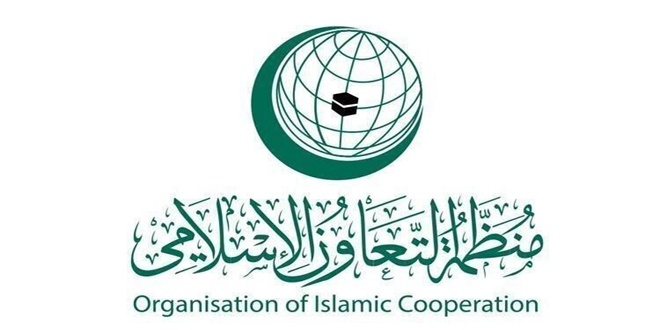Organization of Islamic Cooperation: Issuing Arrest Warrants Against Netanyahu and Gallant Contributes to Ending the State of Impunity of the Israeli Occupation
The Organization of Islamic Cooperation (OIC) has welcomed the decision of the International Criminal Court to issue two arrest warrants against Israeli Prime Minister Benjamin Netanyahu and his former war minister Yoav Gallant for committing war crimes and crimes against humanity in the Gaza Strip.
In a statement posted on its website, the organization considered that this important step contributes to ending the Israeli entity’s decades of impunity and restores confidence in international justice and its role in accountability and justice for victims.
The organization noted that the resolution constitutes a victory for international legitimacy and stressed the need for it to be respected and implemented by the international community as a whole, in particular by states parties to the Rome Statute of the International Criminal Court.
It also called on the International Court of Justice to speed up its ruling on the Israeli occupation’s Commission of the crime of genocide.
At the same time, the Organization renewed its call on the UN Security Council to shoulder its responsibilities and take the necessary measures to implement its relevant resolutions, impose an immediate, comprehensive and permanent cessation of the crimes of the ongoing military aggression and genocide committed by Israel against the Palestinian people , and ensure adequate and sustainable humanitarian access to all parts of the Gaza Strip.
The International Criminal Court issued two arrest warrants against Netanyahu and Gallant for war crimes in the Gaza Strip, saying in a statement: “there are rationales to believe that Netanyahu and Gallant committed crimes against civilians in the Gaza Strip, including the use of starvation as a weapon of war, as well as crimes against humanity such as murder, persecution and other inhumane acts, in addition to obstructing humanitarian access in violation of international humanitarian law.
Amal Farhat

